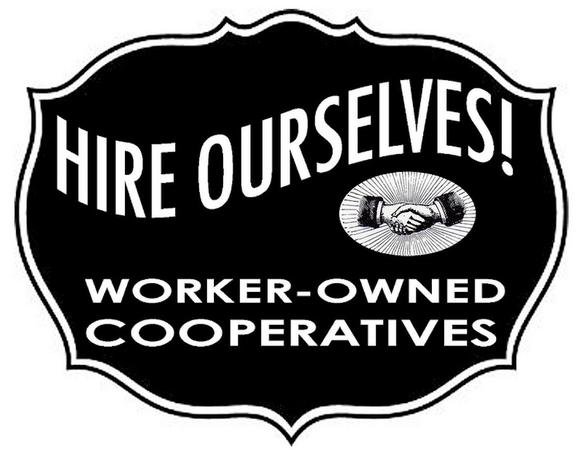Co-operative Movement - R.I.P.A.C. BLOG
The Co-operative movement is a movement started in Europe in the 17th century. It was developed by the Rochdale Pioneers. They founded what is known today as the Rochdale Principles of Cooperation which is embraced as a sort of declaration of independence for cooperatives around the world.
A co-operative is a kind of business varying from all different sorts such as producer co-operatives, worker co-operatives, distributor co-operatives consumer co-operatives, and more. The idea though is that the members belong to co-operatives legally own and manage them.
Co-operatives world-wide follow the 7 core principles of the Rochdale Principles that are:
1ST PRINCIPLE: VOLUNTARY AND OPEN MEMBERSHIP
Co-operatives are voluntary organisations, open to all persons able to use their services and willing to accept responsibilities of membership, without gender, social, racial, political or religious discrimination.
2ND PRINCIPLE: DEMOCRATIC MEMBER CONTROL
Co-operatives are democratic organisations controlled by their members, who actively participate in setting their policies and making decisions. Men and women serving as elected representatives are accountable to the membership. In primary co-operatives members have equal voting rights (one member, one vote), and co operatives at other levels are also organised in a democratic manner.
3RD PRINCIPLE: MEMBER ECONOMIC PARTICIPATION
Members contribute equitably to, and democratically control, the capital of their co-operative. At least part of that capital is usually the common property of the co-operative. Members usually receive limited compensation, if any, on capital subscribed as a condition of membership. Members allocate surpluses for any of the following purposes: developing their co-operative, possibly by setting up reserves, part of which at least would be indivisible; benefiting members in proportion to their transactions with the co-operative; and supporting other activities approved by the membership.
4TH PRINCIPLE: AUTONOMY AND INDEPENDENCE
Co-operatives are autonomous, self-help organisations controlled by their members. If they enter into agreements with other organisations, including governments, or raise capital from external sources, they do so on terms that ensure democratic control by their members and maintain their co-operative autonomy.
5TH PRINCIPLE: EDUCATION, TRAINING AND INFORMATION
Co-operatives provide education and training for their members, elected representatives, managers and employees so they can contribute effectively to the development of their co-operatives. They inform the general public – particularly young people and opinion leaders – about the nature and benefits of co-operation.
6TH PRINCIPLE: CO-OPERATION AMONG CO-OPERATIVES
Co-operatives serve their members most effectively and strengthen the Co-operative Movement by working together through local, national, regional and international structures.
7TH PRINCIPLE: CONCERN FOR COMMUNITY
Co-operatives work for the sustainable development of their communities through policies approved by their members.
For more information about Rochdale and the Rochdale Principles can be found @ http://www.rochdalepioneersmuseum.coop/about-us/the-rochdale-principles/
R.I.P.A.C. itself as a political action committee co-operative and aims to support the co-operative movement through its actions. Join is on our pursuit to spread the co-operative model and support a ballot initiative through our site today!

